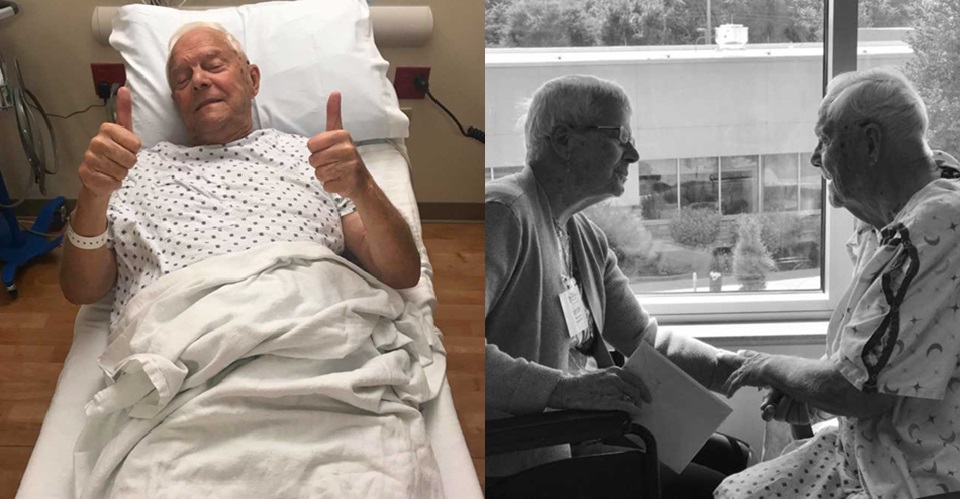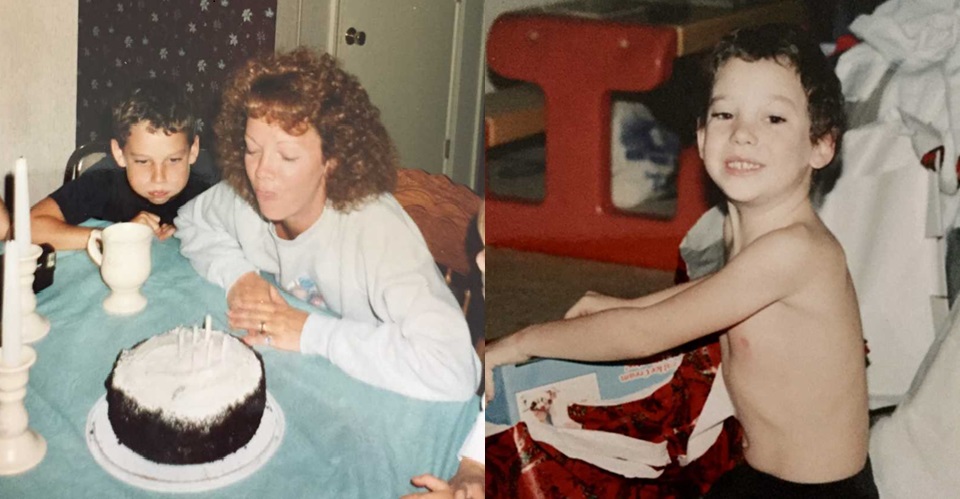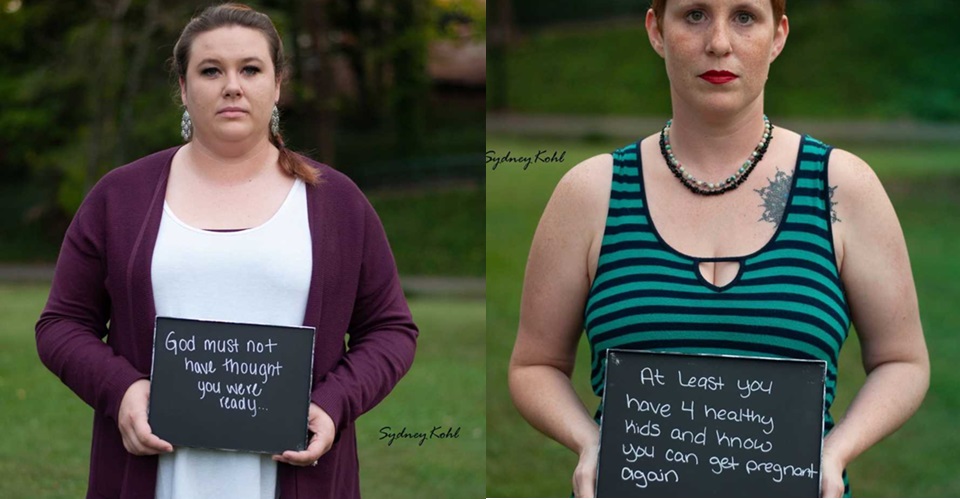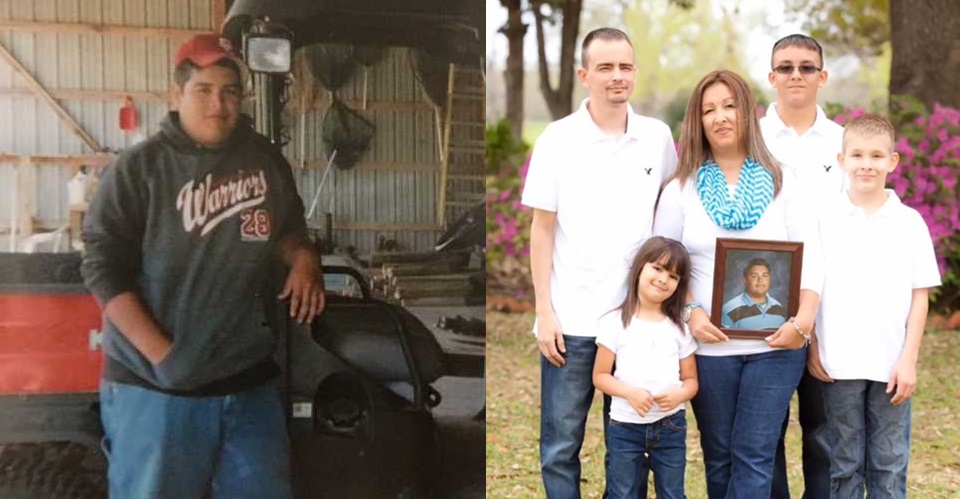Life has a way of shifting under people’s feet, quietly at first, then all at once. For one family, that shift came with aging parents, hernias, hospitals, and the slow, unrelenting fog of dementia stealing a mother away. It began with her husband’s surgery, two of the three hernias that had been tormenting him for weeks. He was tired but optimistic, sitting in the hospital with that brave kind of humor older men often carry, the type that hides how scared they really are. The nurses were kind, the doctors were confident, and everyone believed this would be simple. A few days in the hospital, then rehab, then home again. But aging doesn’t care about plans, and dementia doesn’t wait politely for one crisis to end before starting another.
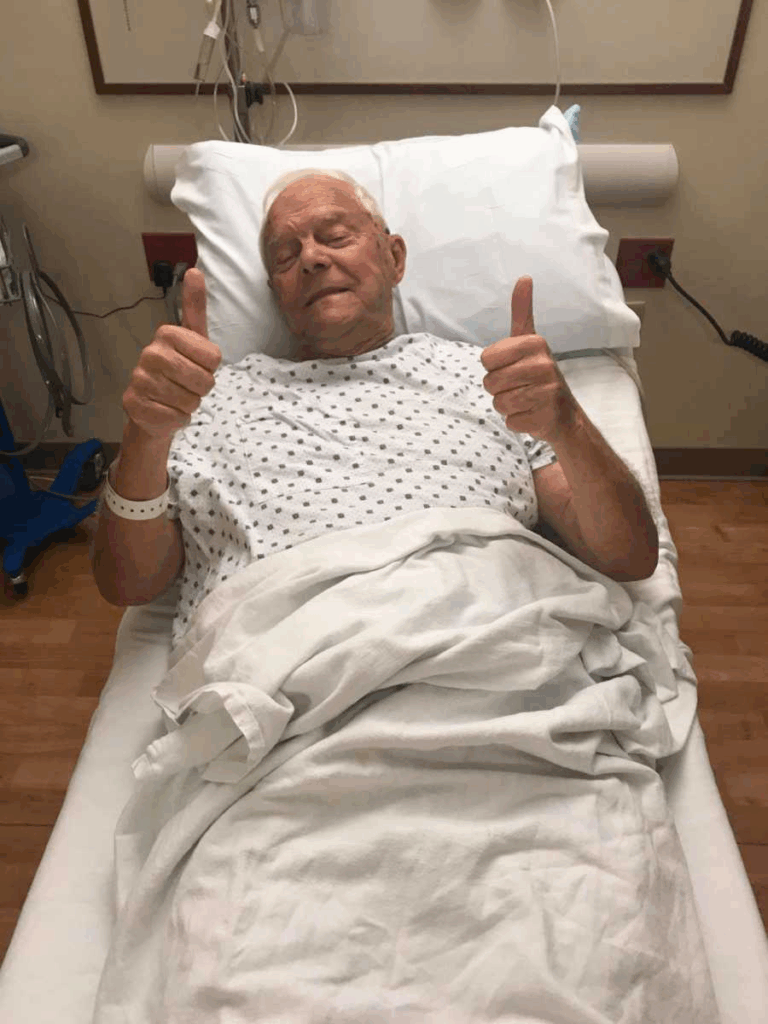
The surgery went well. The recovery did not. Almost immediately, something shifted in him. The kind, reasonable man his daughters knew seemed to disappear. He grew agitated, confused, restless, desperate to go home. He didn’t understand why no one was listening, why everyone kept him there when his wife needed him. He repeated himself over and over, pacing the same small hospital room, a man trapped not by his body but by fear and love.
His daughters were exhausted. They loved him fiercely, but that love didn’t soften the edges of frustration. Each visit was a test of patience, every conversation looping back to the same plea: to go home. It took them a while to learn this confusion wasn’t madness; it was a side effect of surgery, anesthesia, and the strange loneliness that comes when age collides with pain. Still, knowing didn’t make it easier.
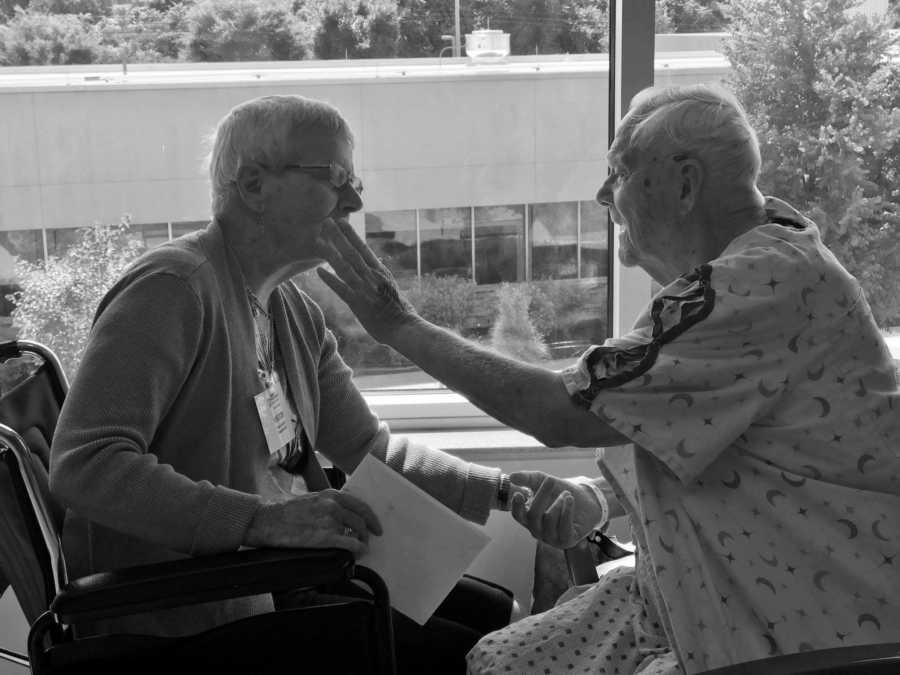
And while he battled through hospital days, she slipped further away. Dementia had been creeping in for years, stealing little pieces of her memory, her language, her spirit. But lately, it had become merciless. Her words came out in fragments, and her sentences dissolved before they finished. She stared into spaces that no one else could see, lips pressed shut, refusing pills, losing sleep. It was like watching someone you love slide down a hill slowly, too far away to catch. Her daughter often pictured it that way, that helpless reach for a hand that kept slipping further. It’s the cruelest part of dementia, this knowing that the person you love is still there, but hidden behind a curtain you can’t pull open.
He must have felt that same ache. In his hospital bed, he worried constantly about her. Did anyone know how to feed her? Did anyone know the small things she liked, the gentle patience she required? He felt she was alone in that fog, waiting for him to come home and anchor her again. His body hurt, but it was his heart that ached the most. When he was finally moved to rehab, the arguments continued. He wanted home, always home. And she, his wife, sat nearby in her wheelchair, her eyes elsewhere. When the room grew too loud, she closed them, retreating into that private world dementia had built for her. Still, even there, something in her recognized him.
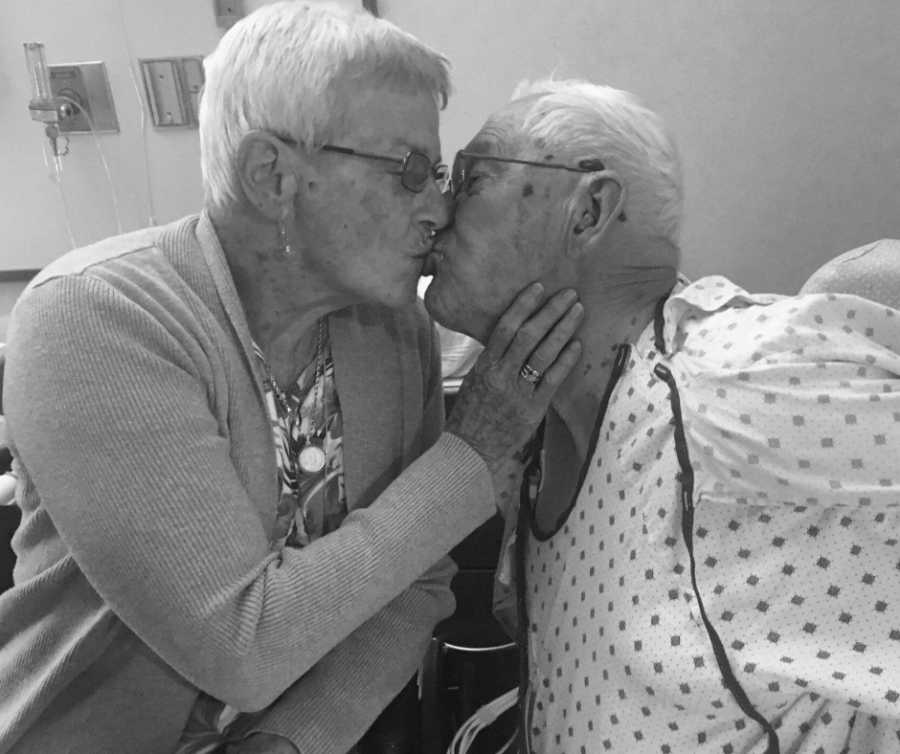
He leaned in, old and tired, still carrying the stubborn tenderness that had defined their marriage. He told her he loved her, and for a moment, the dementia seemed to pause. She opened her eyes, looked at him, and for that fleeting second, the fog lifted. She reached forward, met his lips, and whispered her love back before drifting into that unreachable place again.
That single moment, fragile as glass, held everything. Years of shared life, laughter, aging, watching each other fall apart and holding on anyway. Dementia might take her away piece by piece, but love has a strange endurance. It doesn’t always need memory to survive. And in that quiet, with hospital lights buzzing above and machines beeping somewhere in the background, her daughter finally understood why her father’s mind kept circling back to home. He wasn’t confused. He was in love.
